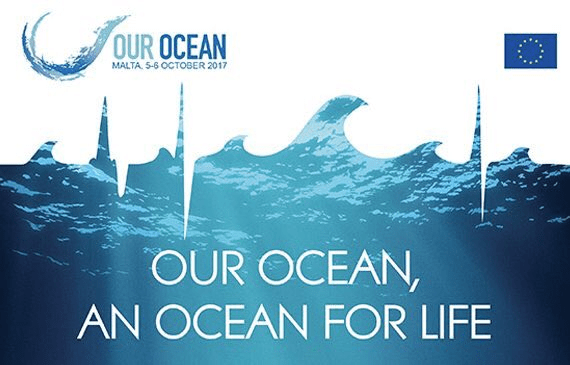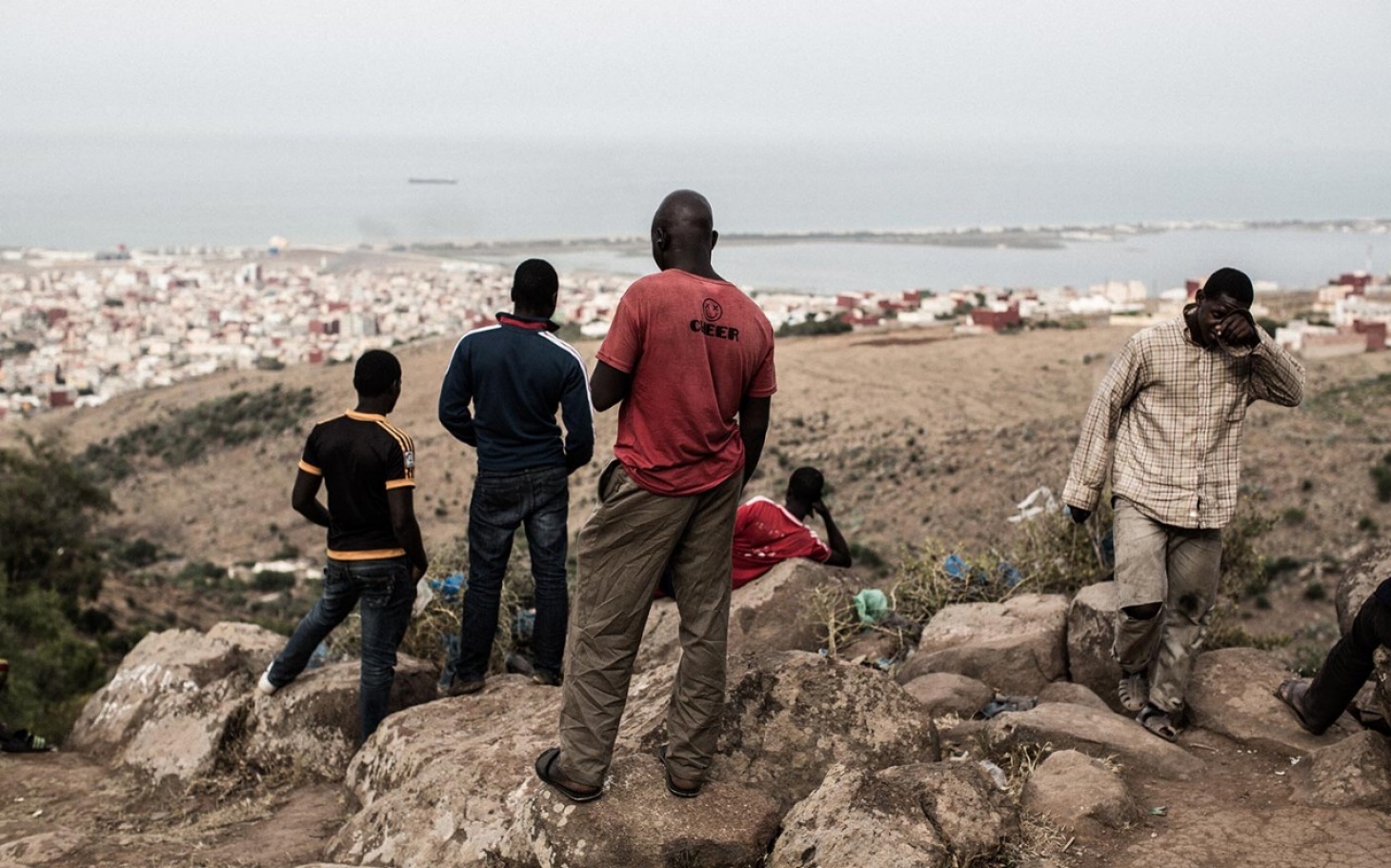A new detailed report by a US spyware and malware researcher has deflated the espionage allegations claiming that Morocco had used the Pegasus spyware.
Spyware and malware researcher Jonathan Scott has published a new detailed report, debunking allegations and claims targeting Morocco on its alleged use of Pegasus spyware.
In his report published on Saturday, Jonathan Scott denounced some organizations which disregard legal systems against illicit actions and “become their own global judicial system.”
“Such departure from the foundations of our collective justice system poses a grave threat to science and geopolitics,” he emphasized.
The author of the report noted that such systems, allowed these organizations to be exempted from the rules of criminal procedure – a situation that enabled them to point their finger at institutions and government bodies without providing “verifiable evidence for their claims.”
Scott stressed the serious claims presented by NGOs, reaffirming that such accusations have the “potential to jeopardize international relations with other countries.”
“The allegations of malicious software installed on the mobile devices of political opponents have been shown to be nothing more than normal iPhone processes that exist in every device,” Scott explained, emphasizing that such “false claims” by NGOs undermine computer and forensics science as a whole.
In 2021, NGOs Amnesty International and Forbidden Stories accused Morocco of using Israeli spyware Pegasus to spy on activists, journalists, and foreign officials.
Pegasus spyware is developed by Israeli company NSO and can be covertly installed on smartphones.
Following the accusations, Morocco’s government has repeatedly called on the NGOs to provide evidence backing their claims, but they failed to do so.
In response to such un-supported claims, Morocco’s government decided to file a lawsuit against the NGOs as well as news outlets involved in promoting defamation against the country without presenting evidence.
Despite a lack of evidence supporting the claims targeting Morocco, members of the European Parliament have also been pushing and recommending texts hostile against Morocco echoing similar statements.
Last January, over 300 MEPs voted on a resolution to condemn Morocco for alleged breaches of press freedom.
“Despite significant false positive results in forensics reports, the allegations against Morocco have continued to mount over time. The situation has reached a critical point, with the European Parliament ignoring scientific evidence that exonerates Morocco of any wrongdoing and instead passing a joint motion for resolution,” Scott said in his report.
The researcher stressed that such accusations against Morocco came to light over a decade ago with a group of policy researchers known as Citizen Lab. NGOs such as Human Rights Watch, Amnesty International, and Forbidden Stories, among others, joined the same chorus using similar or “exact allegations” against the North African country.
Referring to the case of Omar Radi, a Moroccan journalist, who was handed a six-year sentence in July 2021 for rape charges against his colleague Hafsa Boutahar, Scott stressed that Amnesty International and Forbidden Stories claims remain unverified, a fact that not only weakens the integrity of forensic science but “also damages the credibility of computer science as a field of study.”
In response to the accusation, the journalist claimed that what they had was a “consensual relation” while his supporters claimed that his detention was due to his journalism work.
Amnesty International, Forbidden Stories, and several news outlets – particularly in France — backed such claims, and put pressure on Morocco– accusing it of espionage and repression against its journalists.
“In the case of Omar Radi, a convicted rapist presently serving a prison sentence for his offense, Amnesty and the Citizen Lab have resorted to a defense strategy known as Saad (Spyware As a Defense),” Scott said.
For the researcher, the terminology used by the NGOs, such as forensics analysis, forensics traces, and forensics reports “cannot be accurately labeled as such” as it lacks many components.
“Often, there is no mobile device used for conducting forensic analysis,” the researcher said, stressing that the NGOs relied on iCloud backups of an iPhone to carry out their analysis.
The researcher also outlined in his report that in addition to the lack of evidence to back their claims, the funding of these NGOs also seems questionable, which translates a conflict of interest.
Scott stressed in this connection that the funding the NGOs receive from the institutions, including the Ford Foundation and the Macarthur Foundation, to investigate Pegasus “raises serious concerns about the integrity of their findings.”
“This conflict of interest calls into question the impartiality of their investigations and undermines the credibility of their research,” the researcher stressed.
Last week, Olivier Baratelli, Morocco’s lawyer in France, said that nineteen months after the Kingdom, victim of a “gigantic international destabilization enterprise”, filed a complaint against some French media and NGOs, which accused it of having used the spyware “Pegasus”, “no evidence has been provided to date.”
The lawyer denounced a “great manipulation of information” and a “huge rumor” that has targeted Morocco and its administrations. “It was a gigantic international destabilization enterprise” aimed at Morocco, said Baratelli.
He recalled that Morocco had immediately launched legal proceedings and, a few days later, ten direct quotes were presented before the criminal court in Paris for defamation against “Forbiden Stories” and “Amnesty International” (AI), and the “most fervent supporters” of these theses in France, namely the media Le Monde, France Info, the investigation unit of France Inter, Médiapart and L’Humanité.
“We really have great confidence in the decisions that will be made,” said the lawyer, recalling that as early as November 2021, the rumor had already “deflated” after the then Prime Minister, Jean Castex, had declared in the National Assembly that the phone of President Emmanuel Macron was never infected, after submitting it to the French services who had examined it and found that the device did not include any trace of spyware.
“We knew it was false and yet, in November, Le Monde and France Inter continued to spread the rumor, so we relaunched five defamation proceedings,” added the lawyer.



